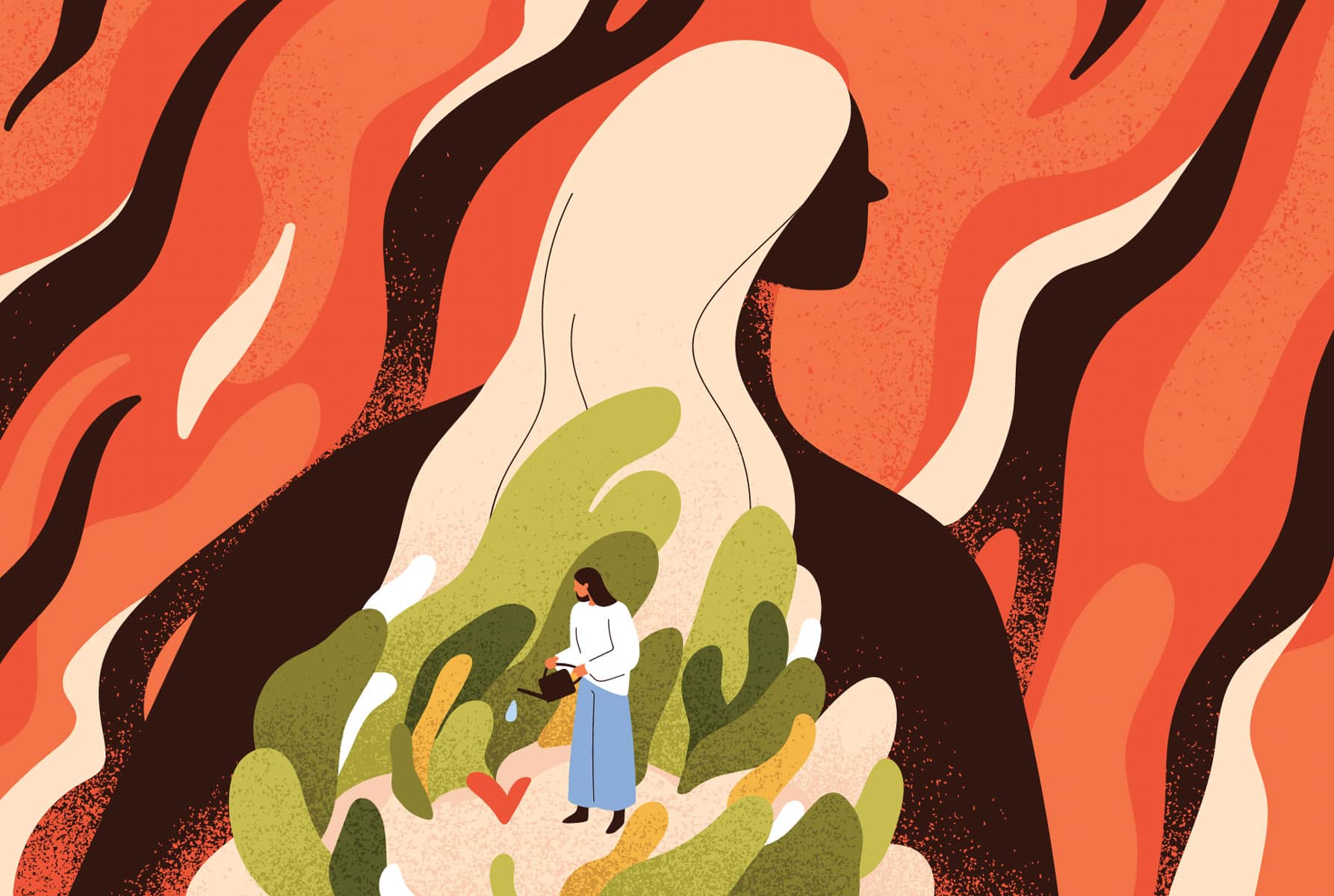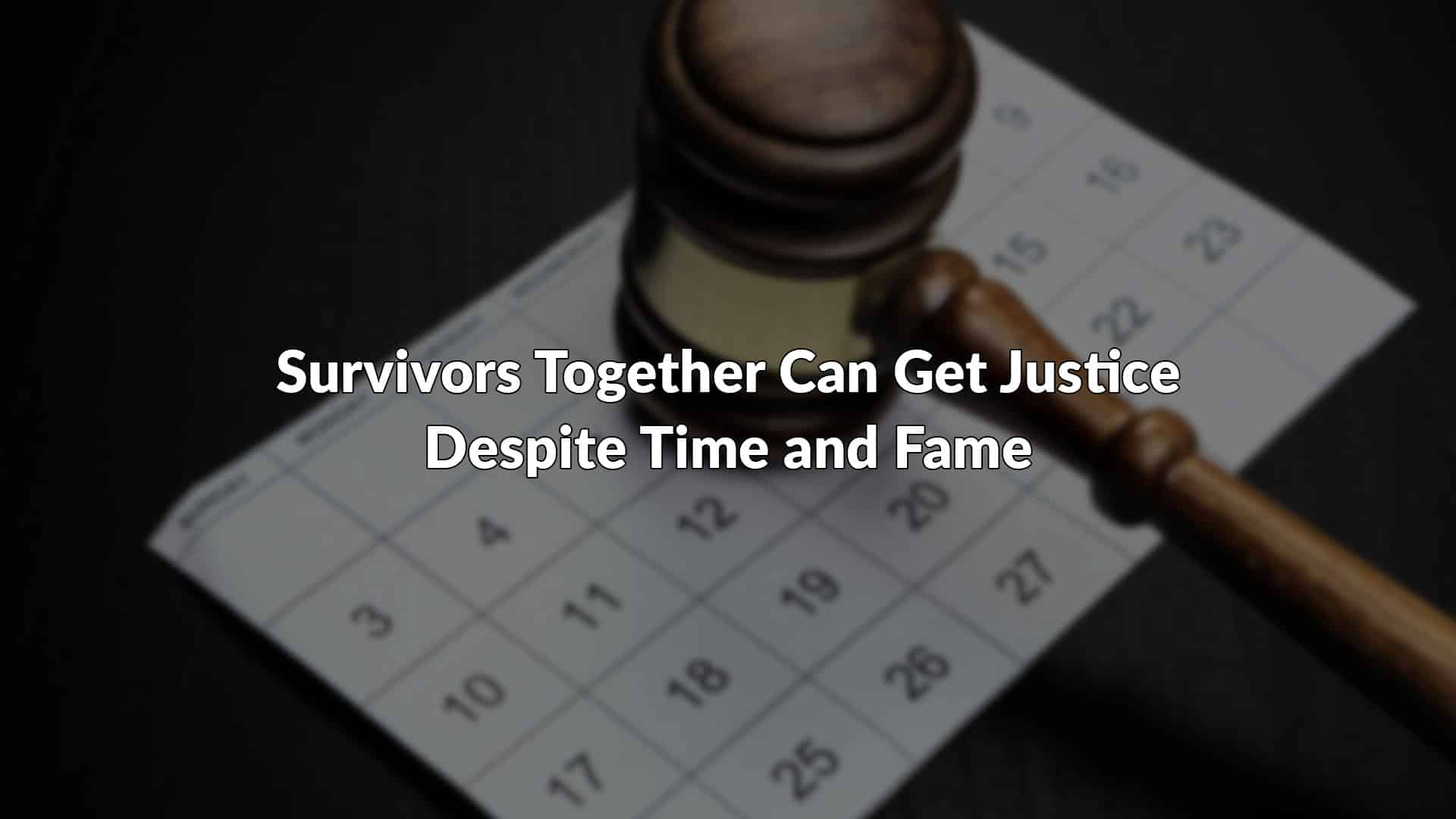The Amara Legal Center showed its support for the Comprehensive Youth Justice Amendment Act of 2016 (“CYJAA”) through oral testimony in a public hearing on June 2, 2016. Well over 60 public witnesses including various non-profits, spiritual leaders, and community members convened for their voices to be heard by Chief Council Kenyan McDuffie and Councilmember Brianne Nadeau.
The CYJAA was initially introduced by Chief Council McDuffie along with councilmembers Nadeau, Bonds, Grosso, May, Silverman, and Mendelson at the legislative meeting on April 5, 2016. The bill modifies District law by imposing a number of provisions regarding minor detainment. Specifically, the CYJAA broadens the protections for children by prohibiting their placement in detention centers prior to fact-finding or a pretrial hearing. This protects young persons in need of supervision (“PINS”), who may be victims of sex trafficking. Despite the fact that many of these children may have been fleeing abuse, they become labeled truants or runaways and may be detained under current law. PINS may then be found guilty of status offenses such as failing to attend school as required by law if they are minors. PINS are particularly vulnerable to traffickers because they usually lack healthy family and social support. Amara Legal’s Staff Attorney, Yvette Butler, shared that truants and runaways should be directed to the appropriate social services rather than detained because detainment tends to make children’s underlying problems worse.
Second, the bill prohibits placing individuals under 18 in adult penal institutions which typically tend to be either at or near full capacity. This reduces the likelihood of physical or sexual abuse against these minors or the youth being placed in solitary confinement. Research has shown that this isolation severely stifles early childhood development for youth, particularly PINS who have already suffered the severe trauma of sex trafficking. In the hearing, Ms. Kristin Henning of the Georgetown Juvenile Justice System Clinic, emphasized the importance of passing CYJAA because the bill supports giving children a second chance. Further, Ms. Henning shared that children can be redirected and age out of criminal behavior.
The bill proposes a number of other provisions such as prohibiting legal custody transfers from parents to government entities when there is a finding of delinquency for students for the protection of abused immigrants under age ten; eliminating the legal presumption that detention may be required in certain circumstances; authorizing the review of confidential juvenile records; requiring the Attorney General to develop a program to provide victim offender mediation as an alternative to prosecution; and, requiring the Department of Youth Rehabilitation to conduct and submit an annual report on youth incarceration. Chief Council McDuffie noted the agreement among stakeholders on most aspects of the bill. Without the passage of this bill, DC remains a national outlier as the majority of states have already proceeded to implement several of its provisions.
The Amara Legal Center supports the passage of the CYJAA because this bill will help ensure that our community’s youth avoid secure detention where it would cause more harm, and allows for youth to be directed instead to social services where they can receive treatment. Local organizations such as Courtney’s House, Fair Girls, and Casa Ruby are excellent resources for identifying minors who are survivors of sex trafficking and meeting their needs.
By Andrea Johnson
Andrea Johnson is a second year student at The George Washington University Law School. She is pursuing her J.D. with an interest in using her career to support a variety of human rights initiatives. She believes that the collective power of law, government, nonprofits, and business can be used together help create sustainable social change.



